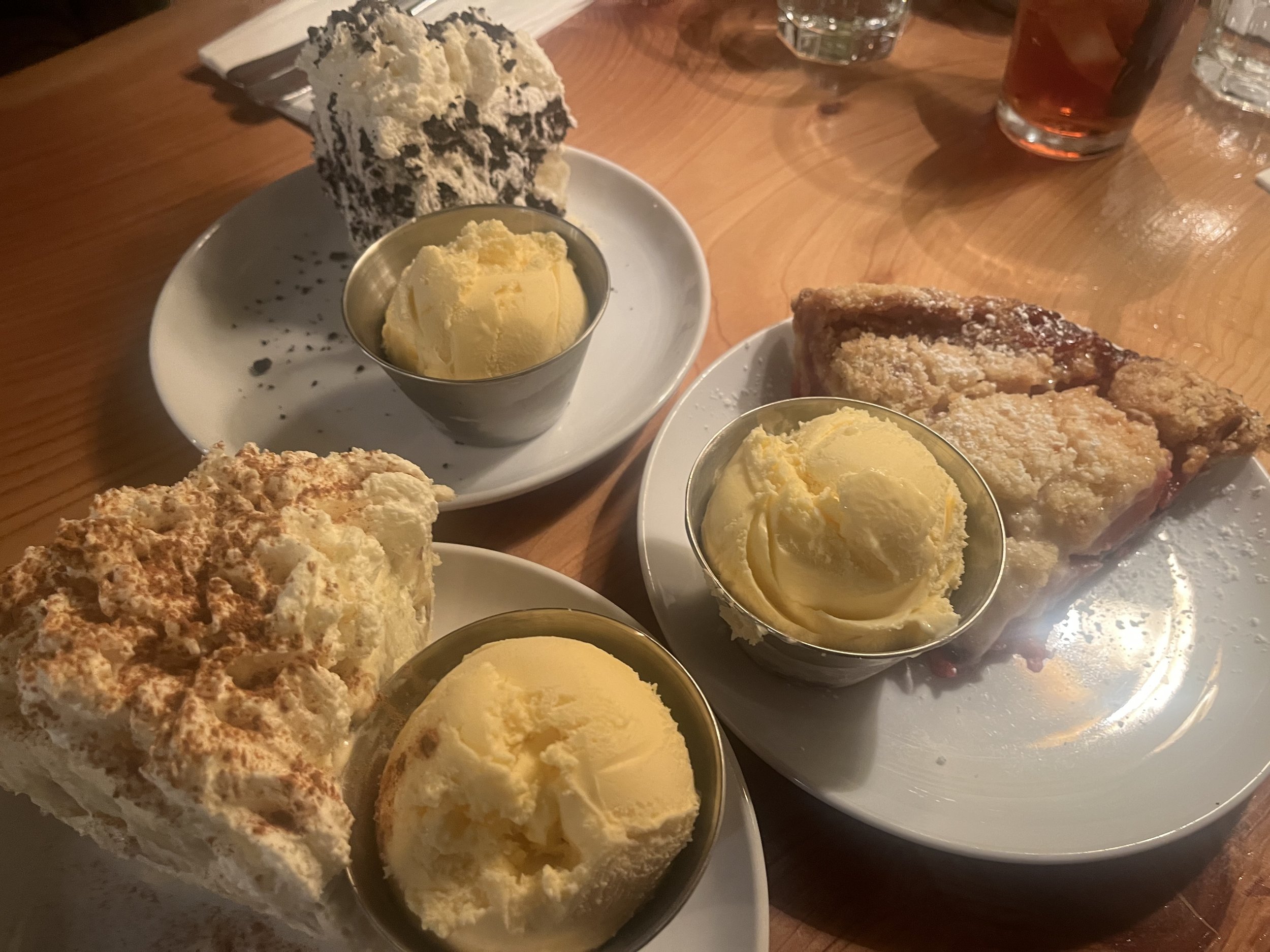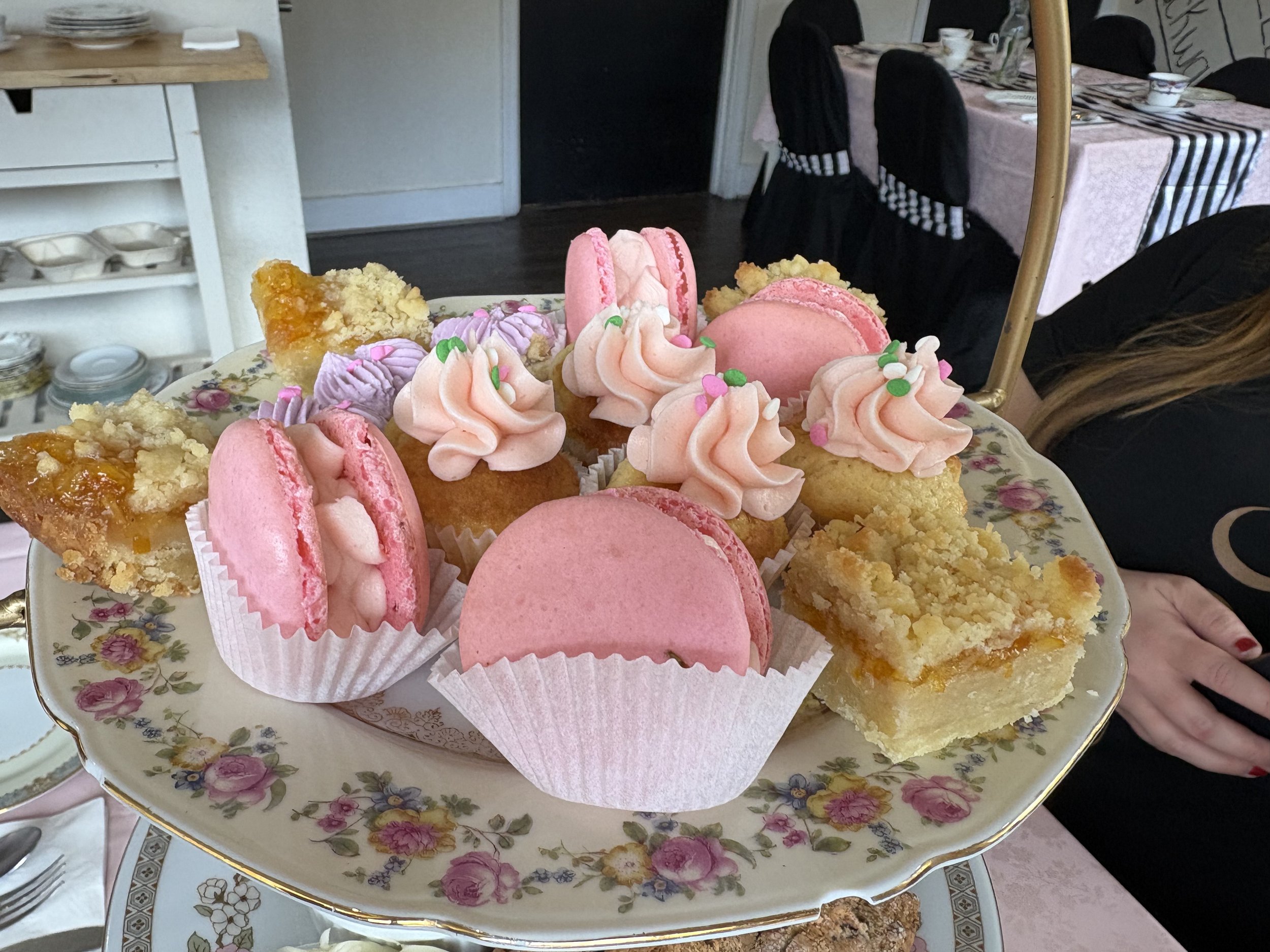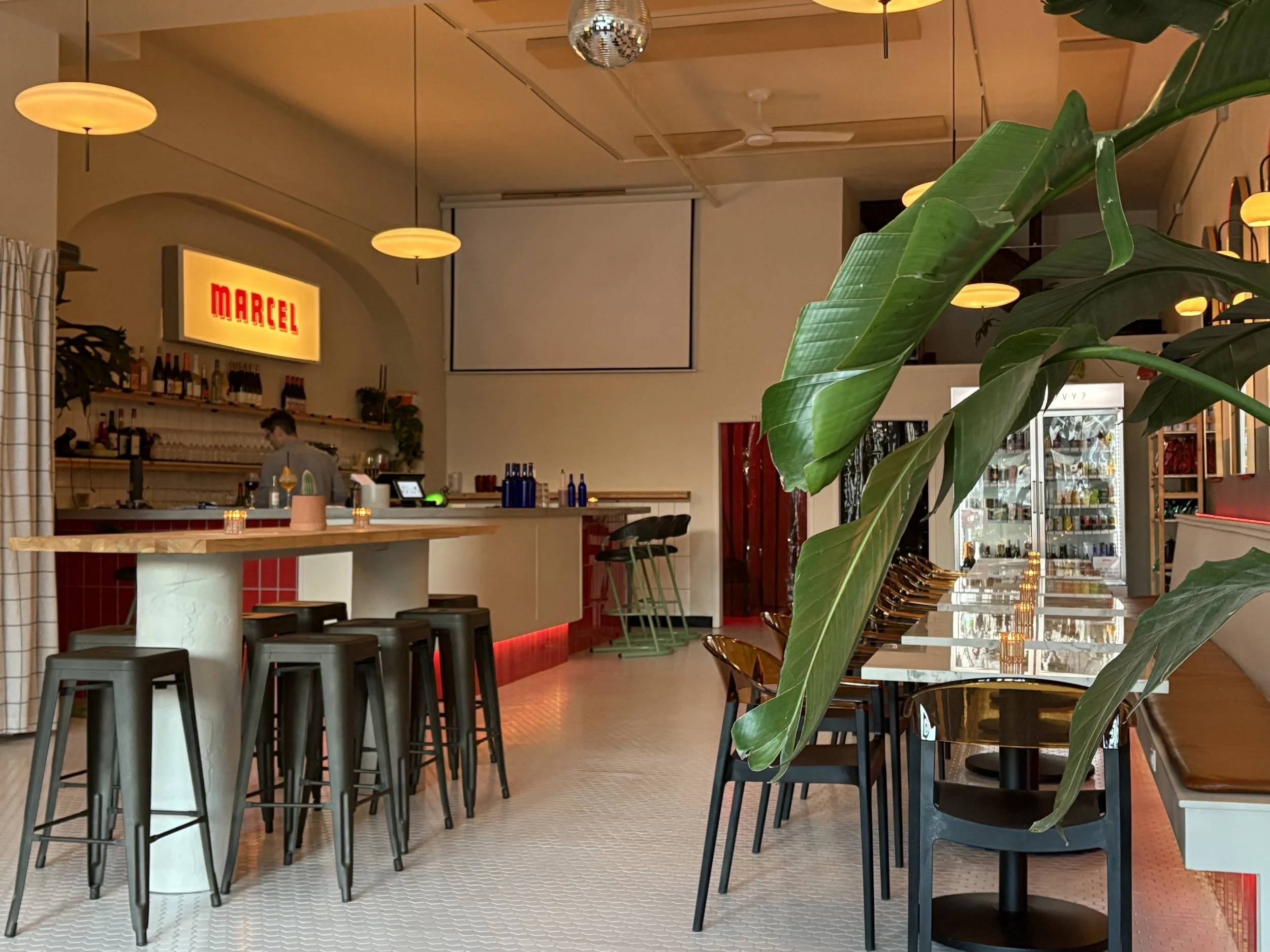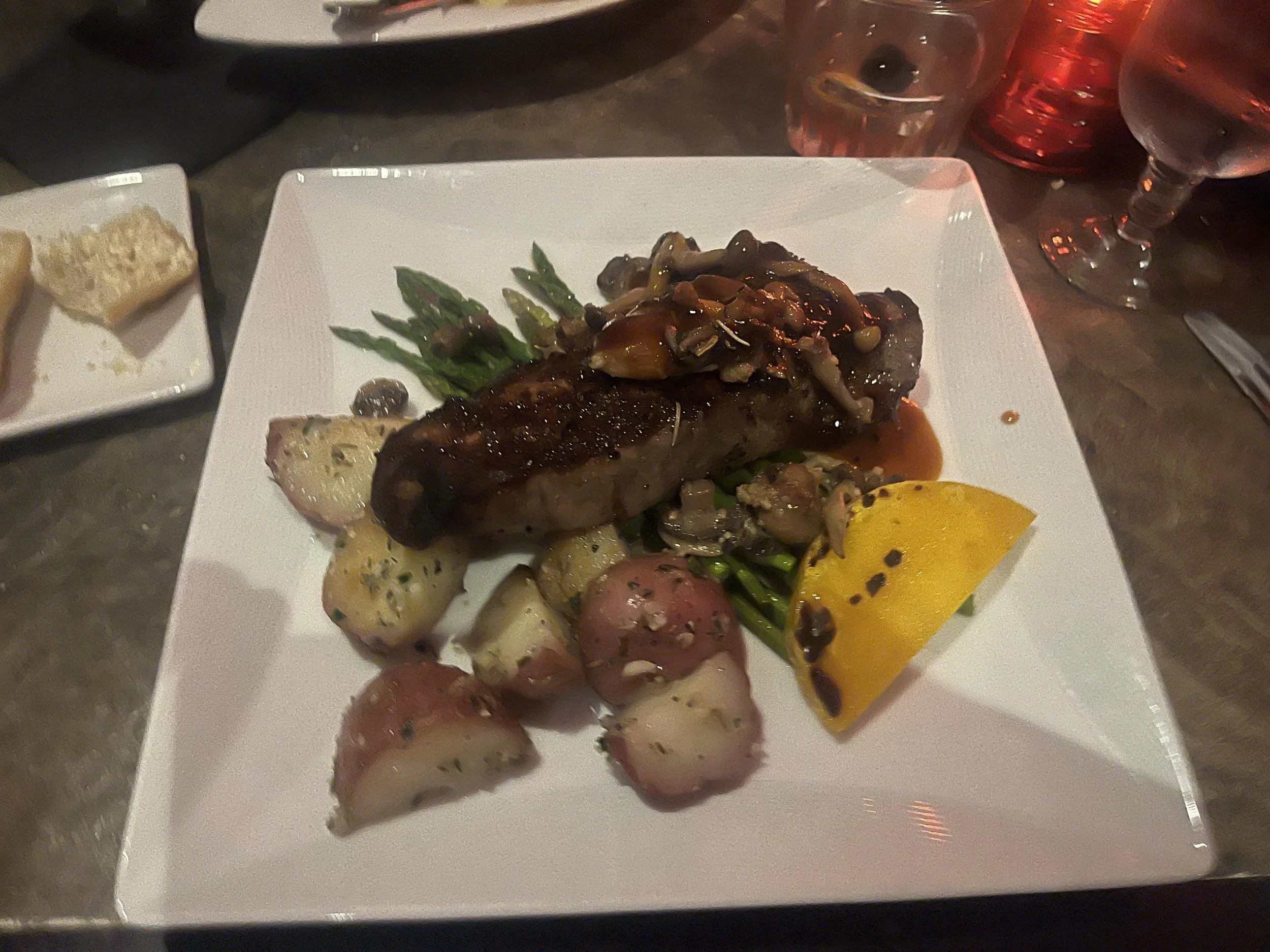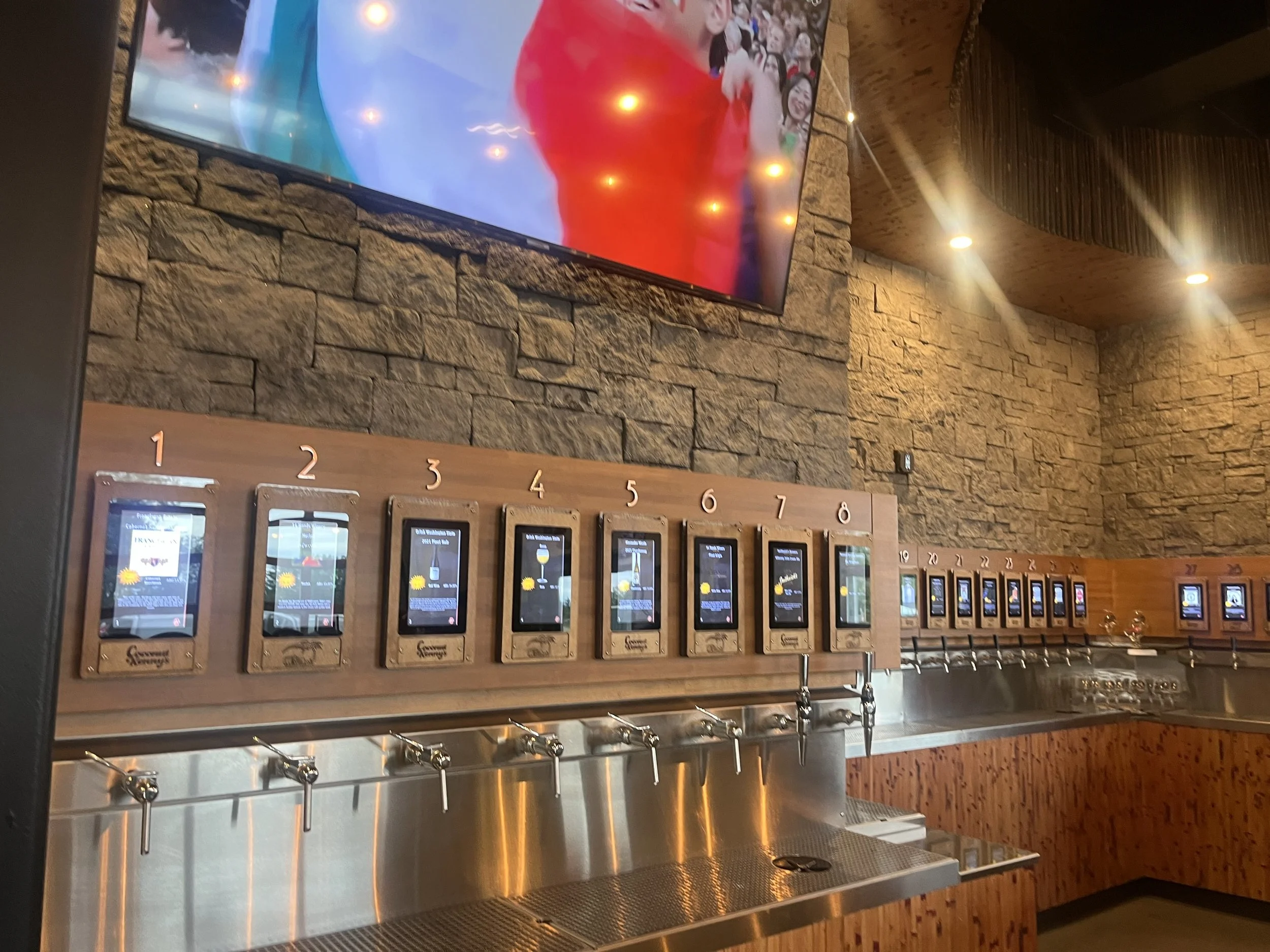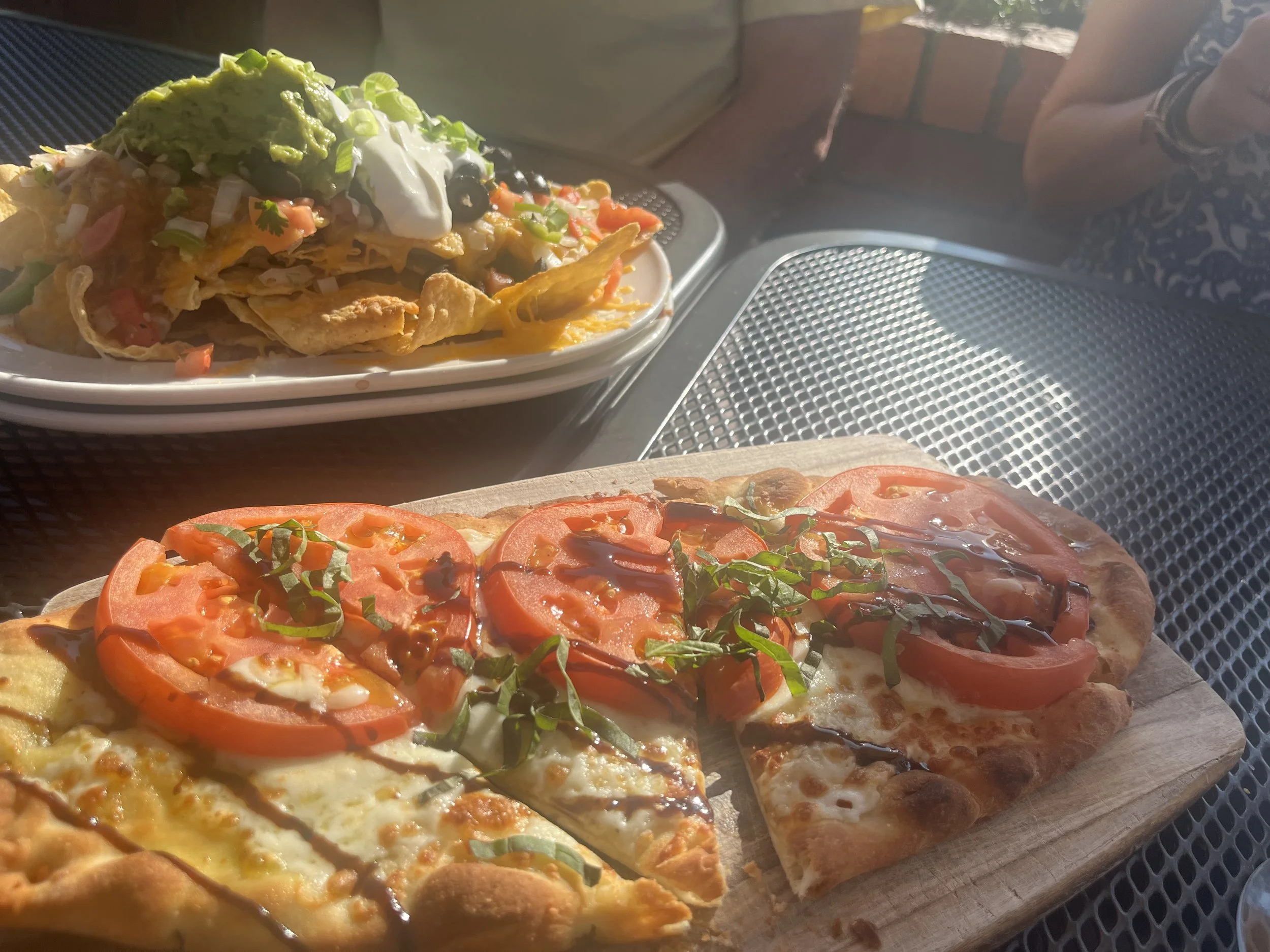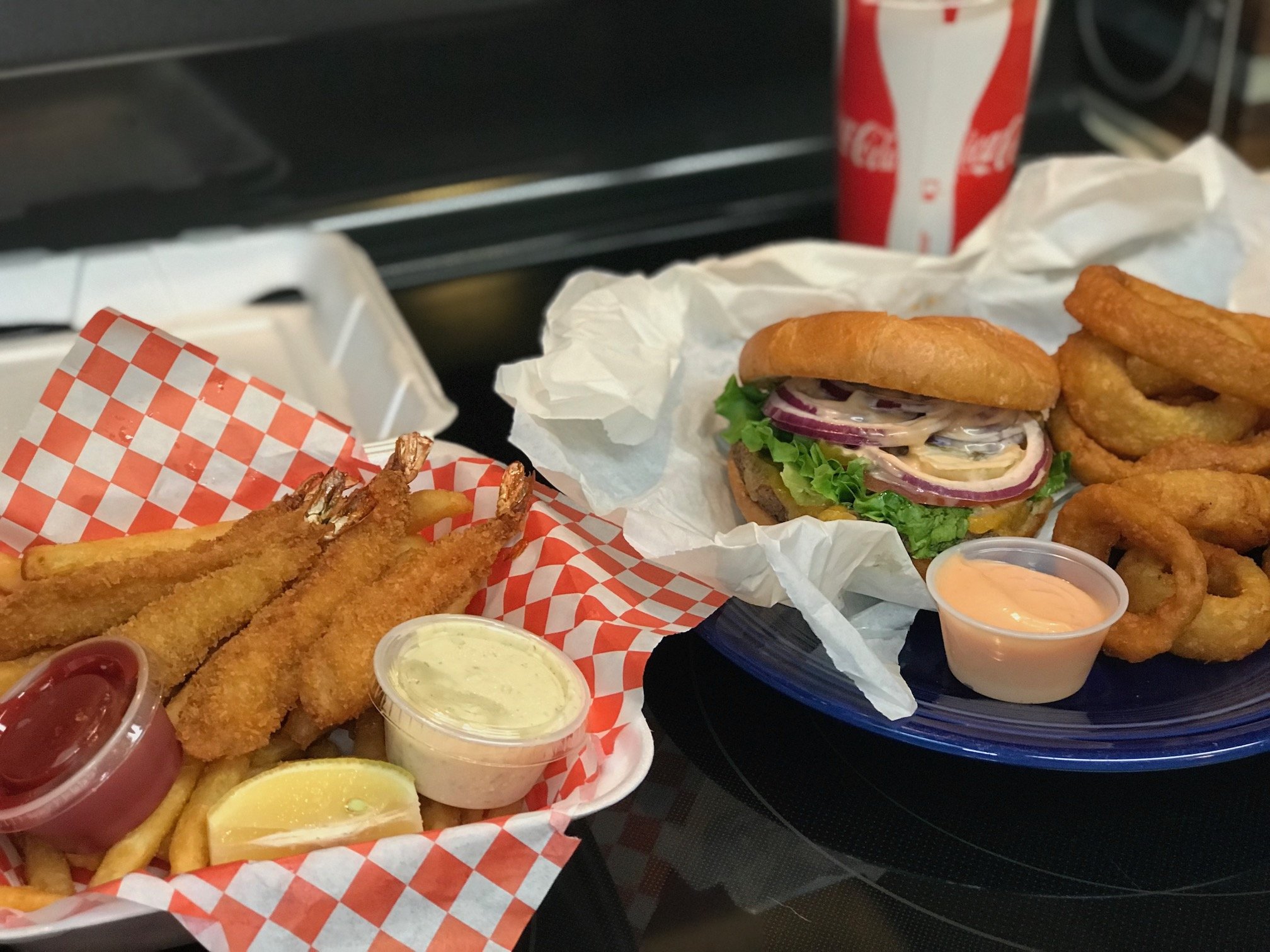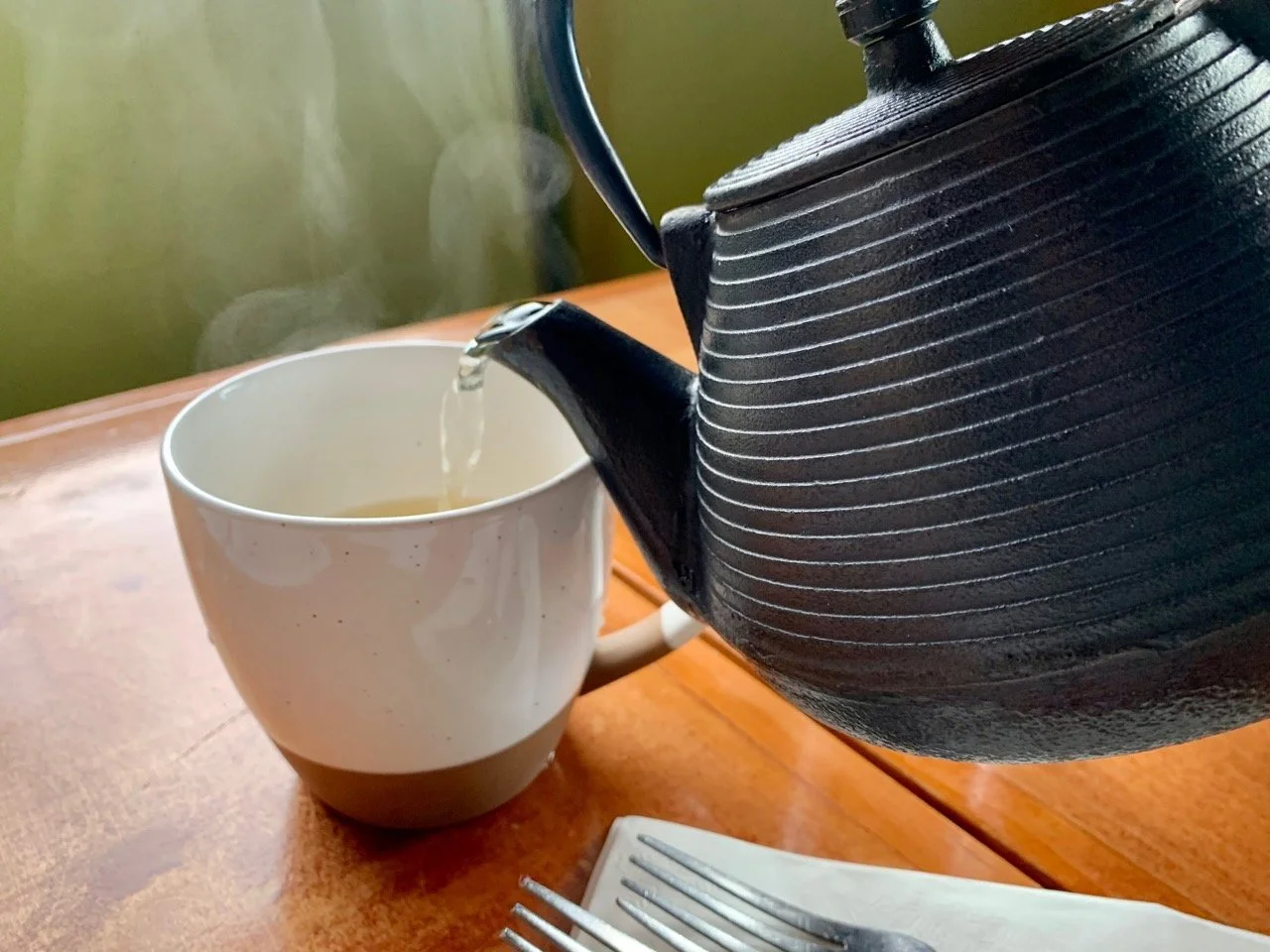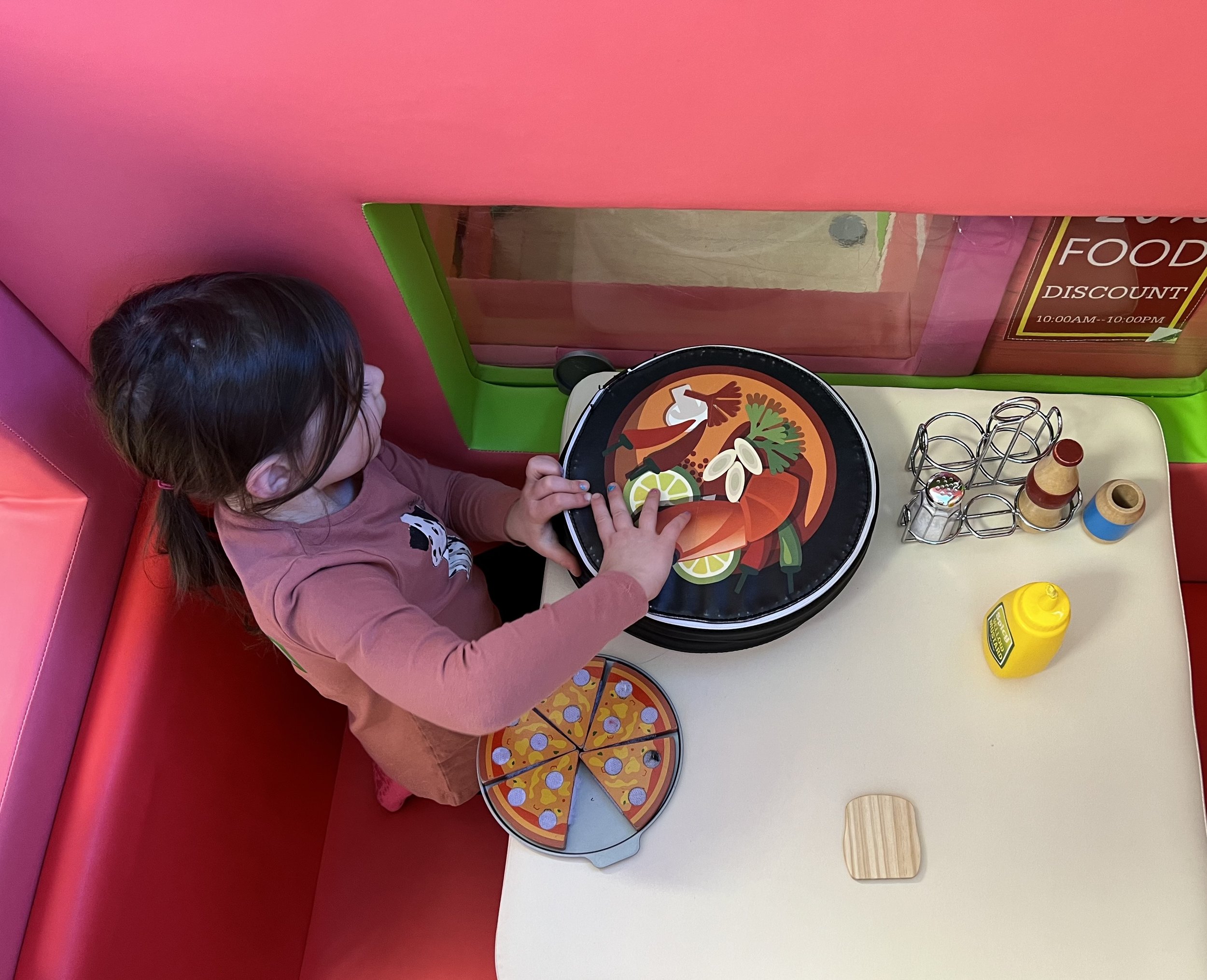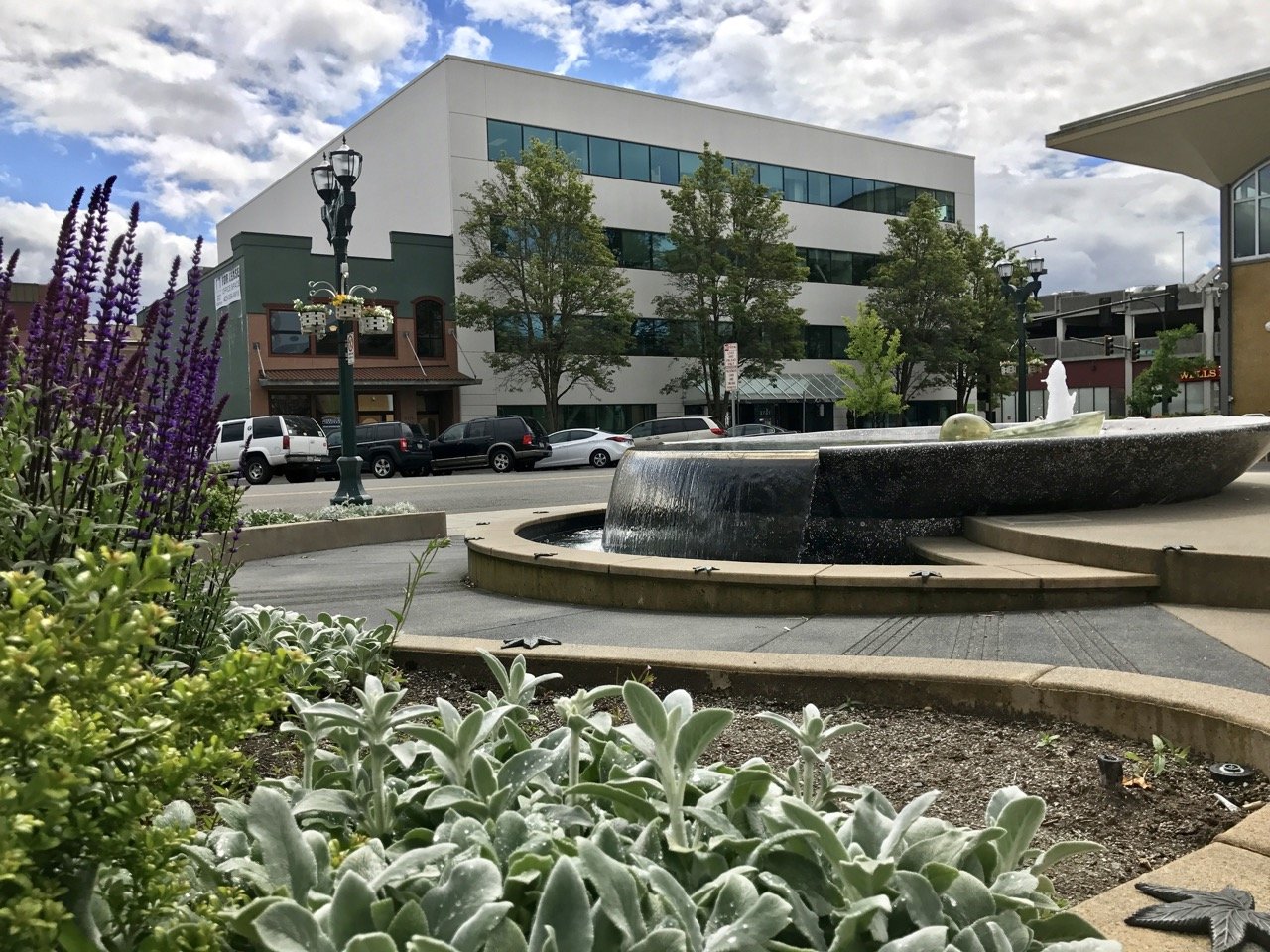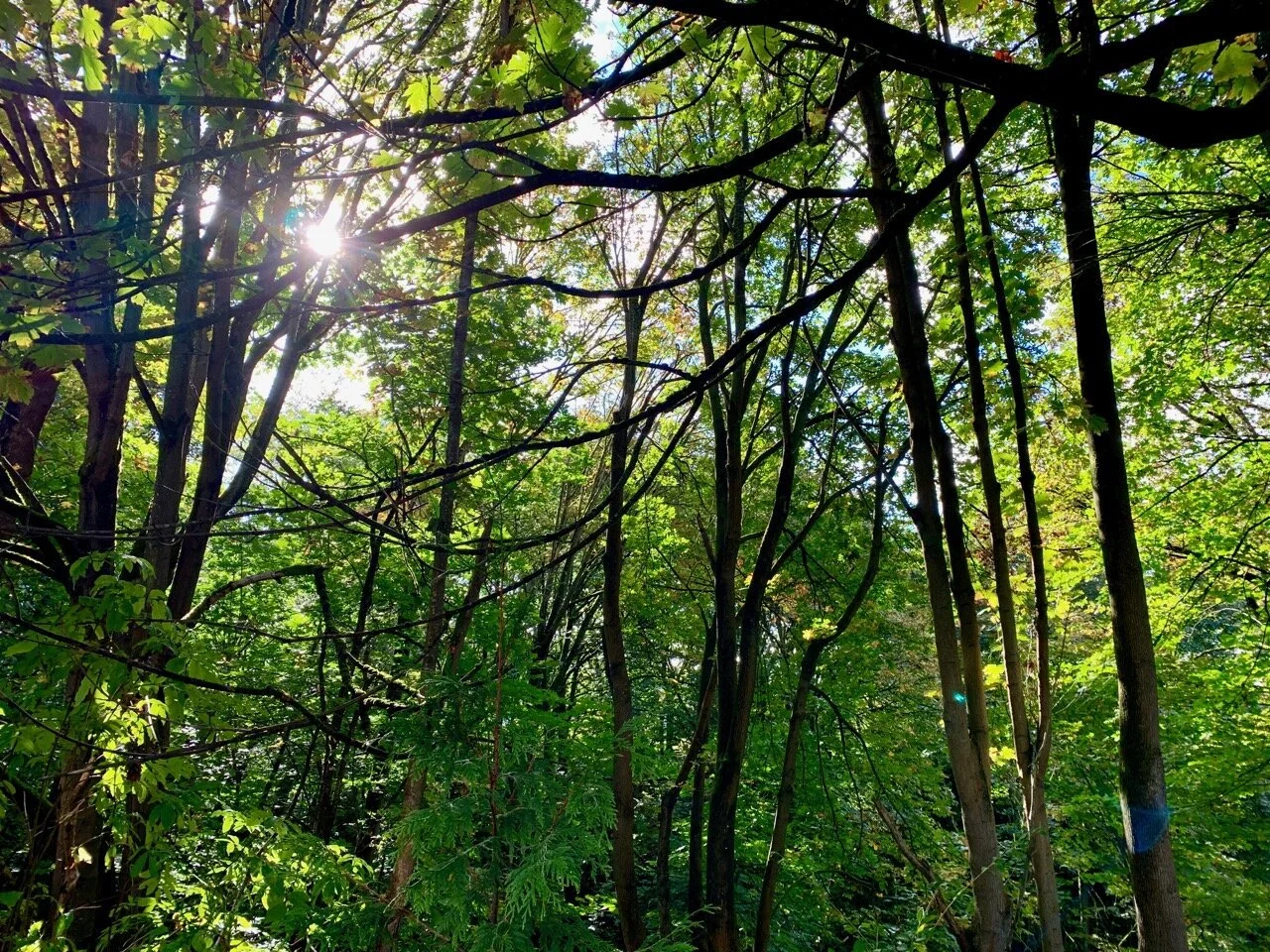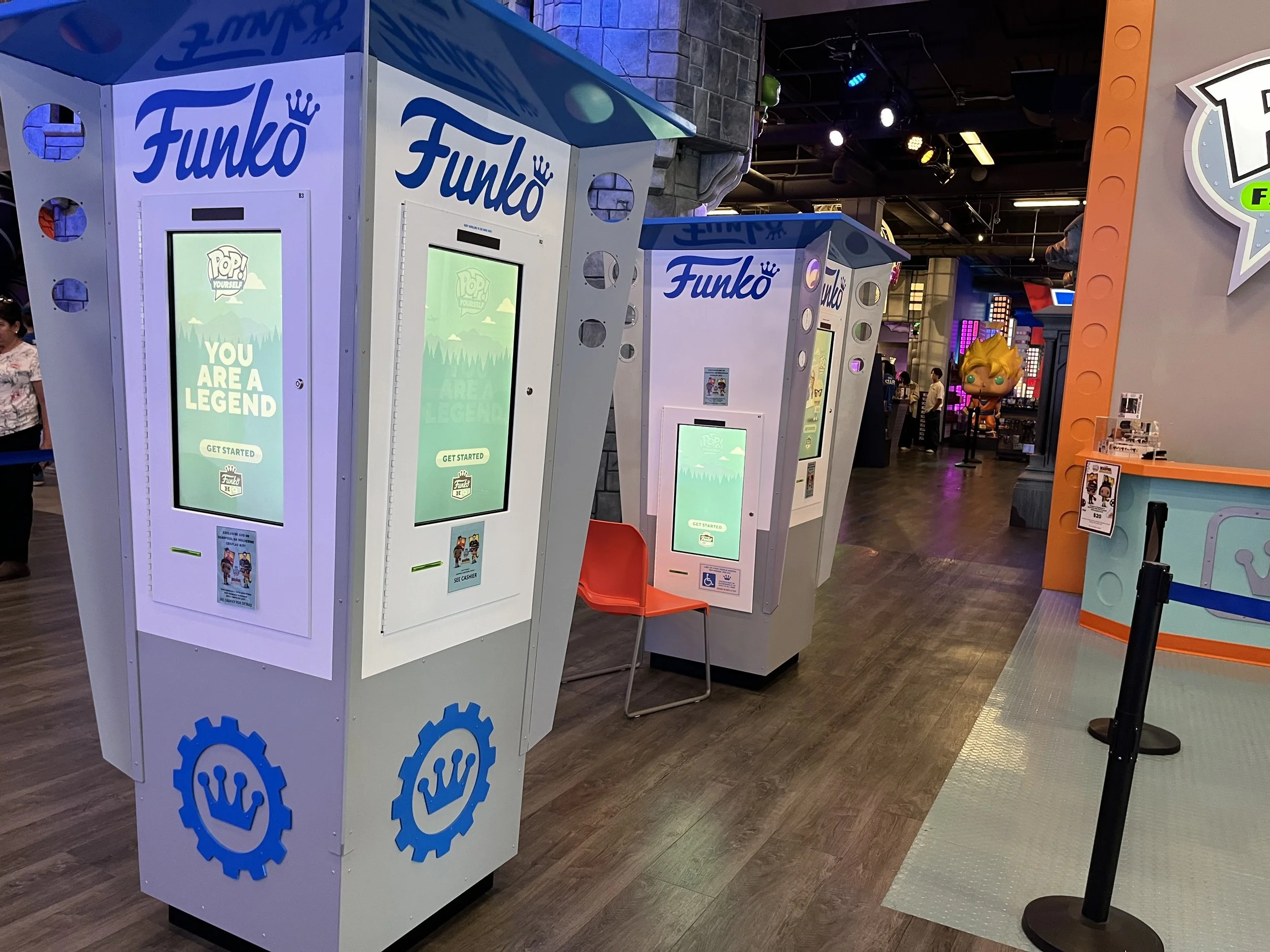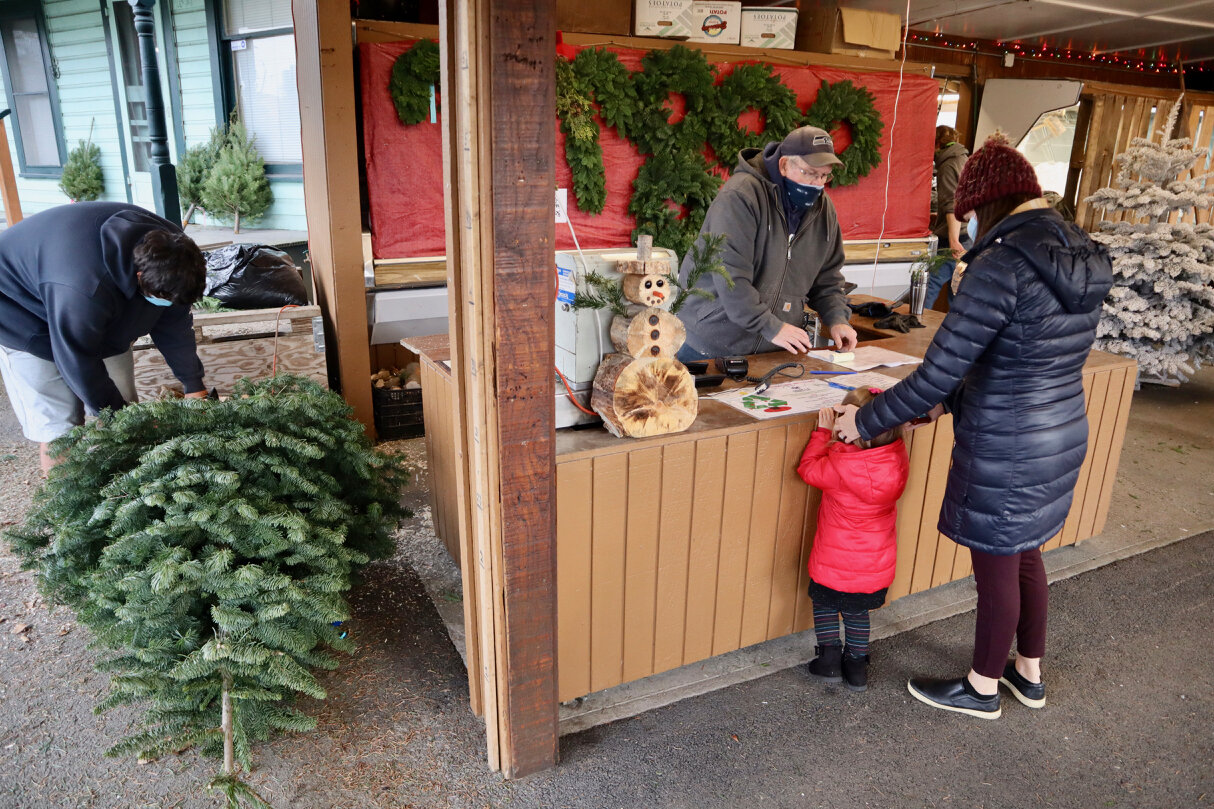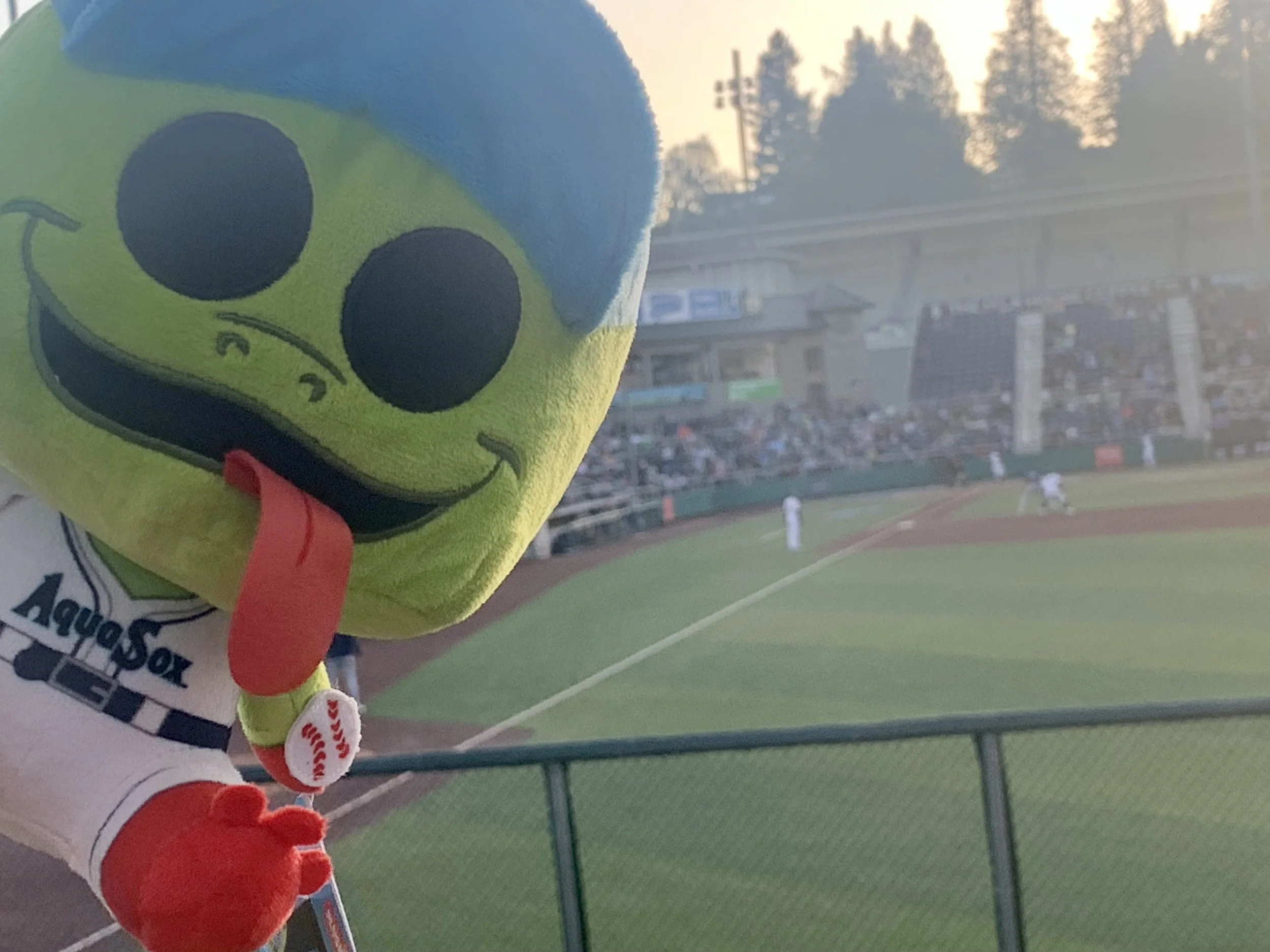If you visited any of the local markets last year, you probably saw a new vendor gracing the booths: Predatory Perennials. Short in stature with a magnetic personality and a smile that would light up any room, Stephanie Meyer grows and sells carnivorous plants. I first met her at the Everett Farmers Market where we purchased a Drosera binata, a fork-leaved sundew plant in a hanging moss ball. After a year our sundew had grown quite large so I reached out to Steph for more education on how to continue taking care of it.
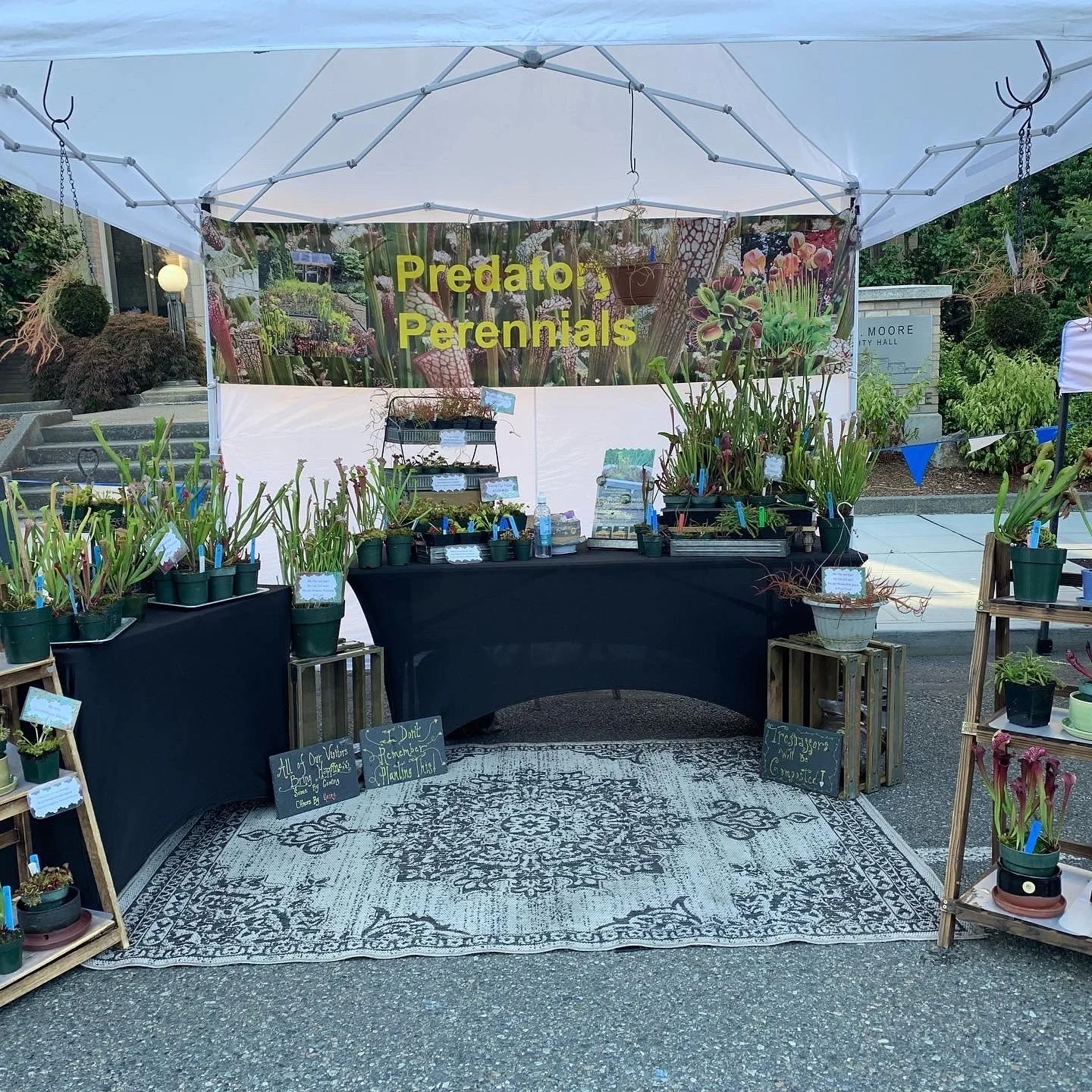
Be on the look out for this booth at the markets this year // Courtesy of Predatory Perennials
Predatory Perennials is situated on one-third of an acre where Steph lives with her husband Darren, her mother-in-law, five chickens, two dogs, a kitty, four box turtles, and (in the spring) what sounds like 3,000 frogs. She takes visitors by appointment only, and for a fee she will help you transplant or divide your carnivorous plants. Steph is extremely knowledgeable about the plants she cultivates and is more than willing to provide education on the proper care and maintenance of your plants.
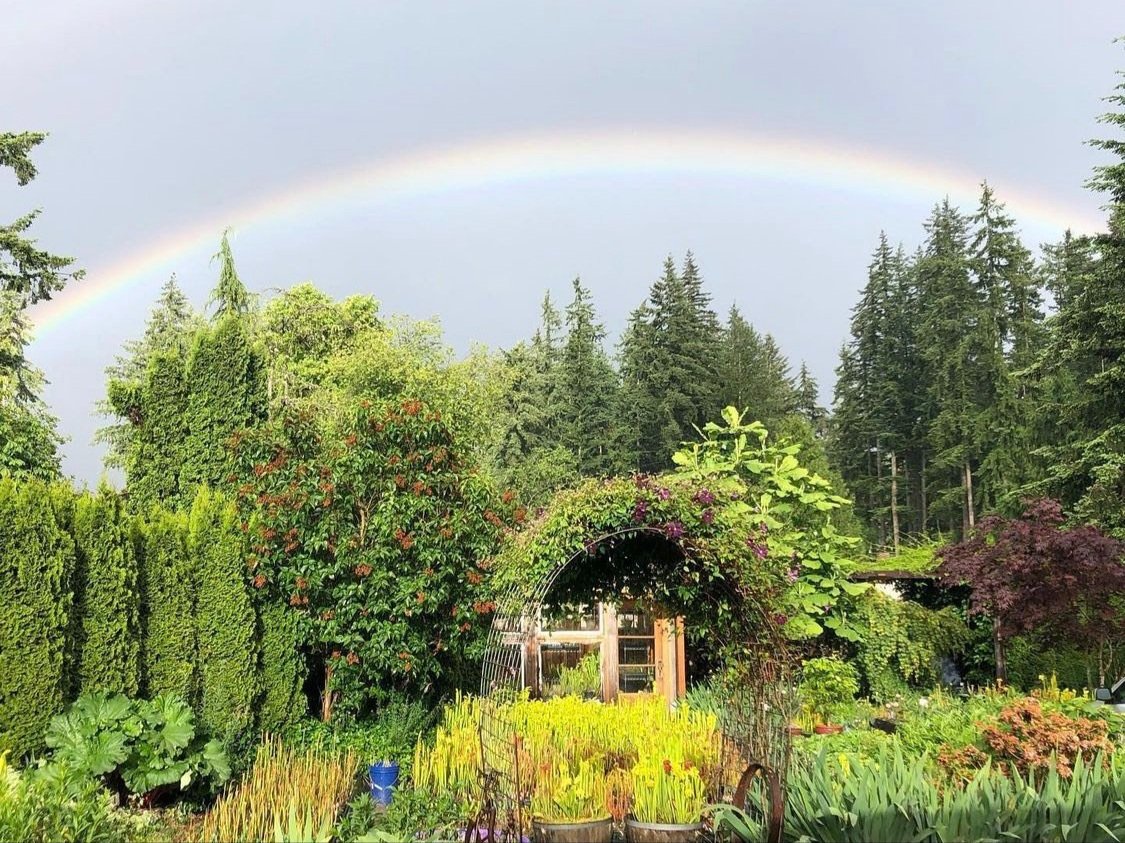
Predatory Perennials’ stunning headquarters // Courtesy of Predatory Perennials
Cultivating carnivorous plants started as a hobby for Steph a number of years ago. Since then, she has adopted all of the specimens from a few local sellers who have closed up shop. Meyer’s property is now a plant nursery with above-ground bogs where she cultivates and nurtures thousands of Sarracenia (American Pitcher Plants), Venus Flytraps, Darlingtonia Cobra Lily, and Drosera sundew. In 2018 she decided to make it official and Predatory Perennials was born.
These days you can find her at all of the markets: Everett, Snohomish, Bothell, Edmonds, Oddmall Emporium of the Weird, NW Rockhounds, and this year I am very excited to see that she will have a booth at Sorticulture.
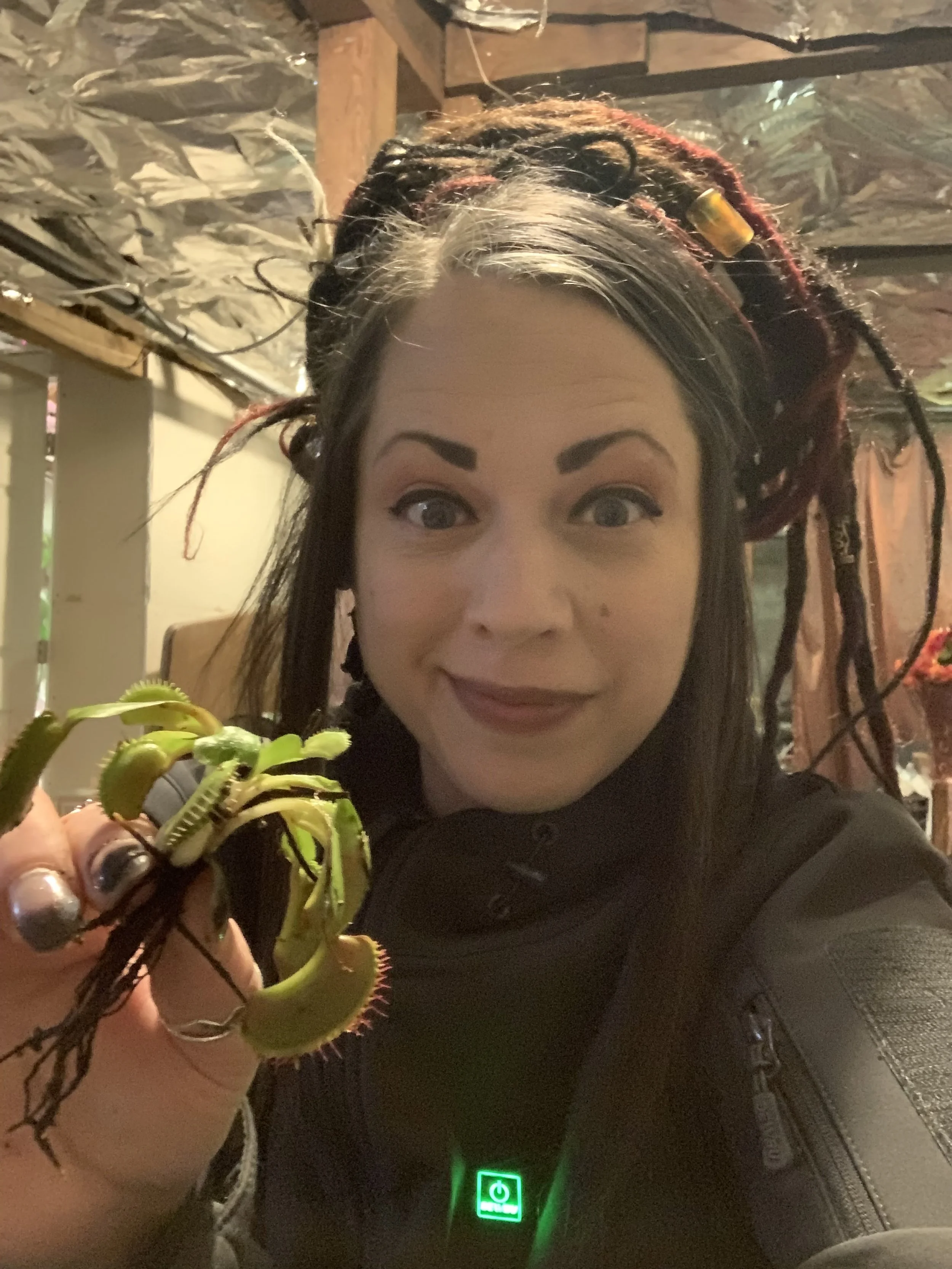
Predatory Perennials entrepreneur Stephanie Meyer // Courtesy of Predatory Perennials
As a kid, I was intrigued by Venus flytraps and the concept of carnivorous plants: a plant that catches its food to get the nutrients required to continue living. It wasn’t until a few years ago when I brought home a Venus flytrap, from a grocery store of all places, that I did some research into the mechanics of how these plants work.
To attract bugs, carnivorous plants secrete a liquid that smells appetizing to non-pollinating bugs. The secretions lure the bugs into interacting with the plant and depending on the type of plant, the bug will get stuck to traps, trigger pods into snapping closed around them, fall into a tube filled with water and drown, or fly into a bulbous trap that they cannot get out of. Then the plant starts to feed. This is also dependent on the type of plant but basically, the plant will start producing digestive secretions that will either eat the bug entirely or will suck the insides out of the bug, leaving a husk.
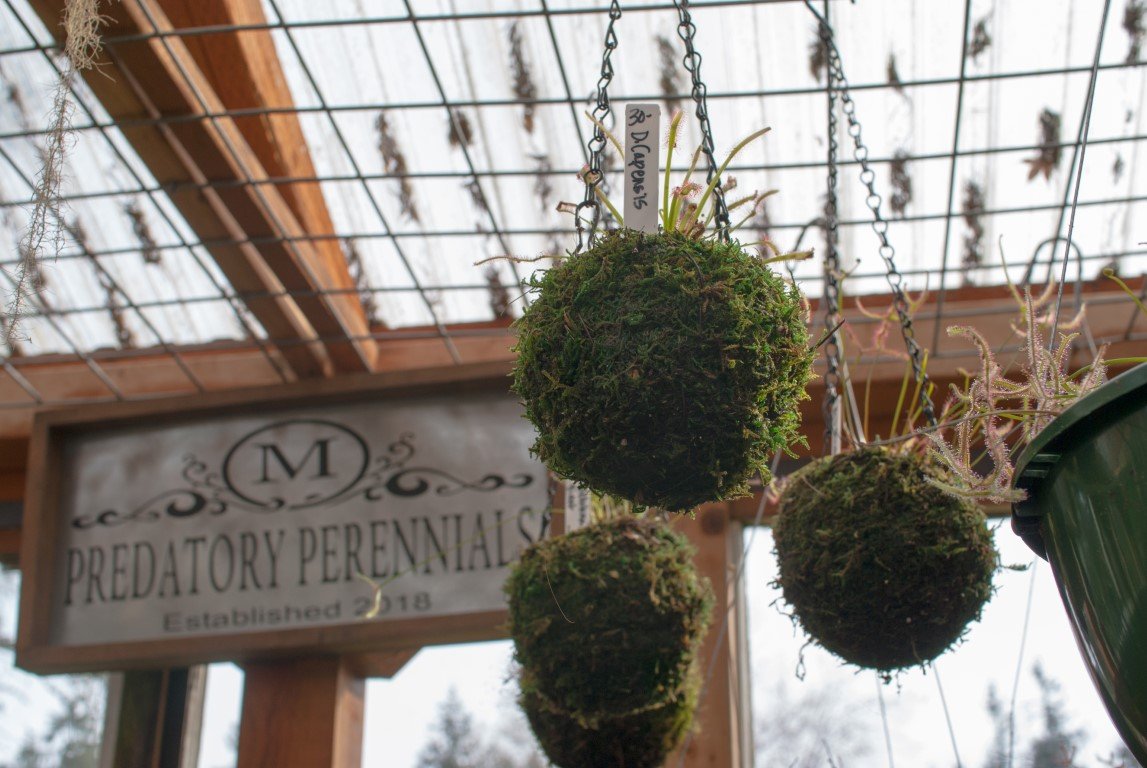
Moss balls! // Rachel Weatherholt
When Steph and Darren have outdoor gatherings, they will strategically place plants around the food tables. Darren said their guests are always surprised at how well the plants do at trapping bugs, even better than using stinky citronella candles or oil.
Steph doesn’t sell online yet but she’s readily available to answer messages through their Facebook page or via email. They also manage a Facebook group called PNW carnivorous plant growers where you can ask questions and interact with other growers and enthusiasts. But I suggest you go find her at the markets this season, she’s full of information and is an absolute pleasure to chat with.

Rachel Weatherholt is a long-time Everett resident who loves books, horror movies, cooking, and eating good food.
